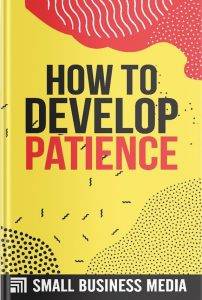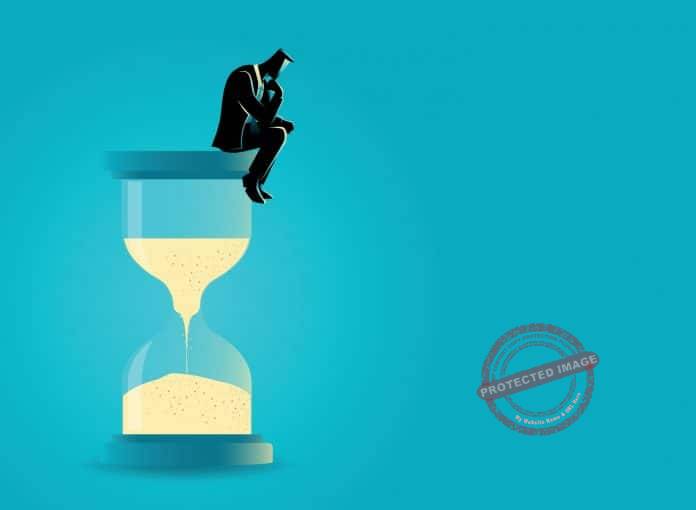Do you want to know how to develop patience?
Do you often feel the need for instant gratification and expect things to happen as fast as possible?
If you’re struggling with how to develop patience either in business, work, and life entirely, know that you’re not alone.
In this time and age, a lot of people lack the virtue of patience.
We know this for a fact because many people fall prey to get rich quick schemes time and time again.
Furthermore, a lot of people lack the patience to remain consistent and committed to accomplishing their dreams.
This is because they are looking for instant gratification.
Moving forward from that into our personal lives, how many people have given up on their exercise goals?
They start the journey to losing some weight and staying fit with zeal and enthusiasm.
However, along the line, they give up.
This is because they are discouraged by the lack of immediate results.
One of the vital keys to success and achieving anything either in business, work, or personal life is patience.
Lack of patience has made many people make costly mistakes and fallen victim to fraud.
It has also made them failed to accomplish set goals, and lose out on so many opportunities in life.
So, to avoid the bitter consequences of impatience and rip of the many benefits of patience, you need to work on developing patience.
Yes, it is a rare virtue but it can be learned.
Stay with us in this blog post and discover effective steps to developing patience.
Read on to find out all you need to know.
How To Develop Patience
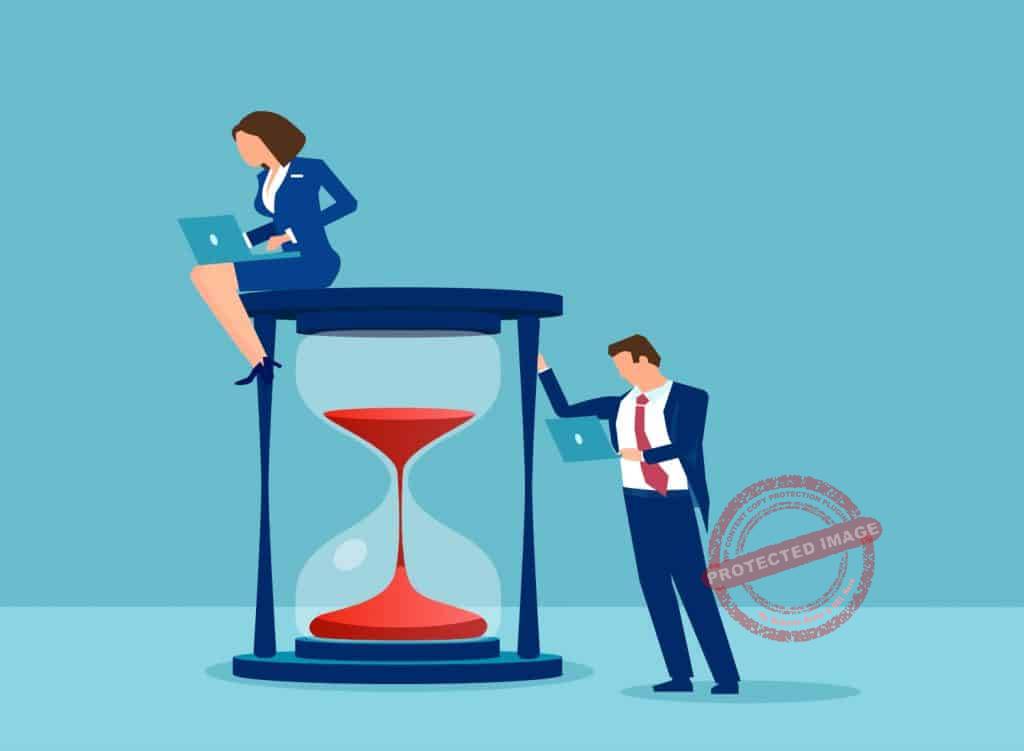
Before we discuss the steps to developing patience, let’s consider what the concept of patience means.
So, what is patience?
Simply put, patience can simply be said to be having the capacity to manage anxiety and tolerate difficult situations.
It can also be said to be the ability to delay gratification to reap greater benefits in your pursuit of greater goals.
Overall, patience is the ability to control your emotions.
It is also a test of your willpower.
It also means the ability to show tolerance when you experience difficult or challenging situations.
Either in business, work, or life generally patience is needed to be able to stay committed to reap the benefits of your hard work.
This is because great things take time to manifest.
So, as a business owner, if you’re putting in a lot of blood, sweat, and tears into your business, don’t despair.
You’ll surely reap the benefits of your hard work as long as you’re on the right track.
Even in all forms of interpersonal relationships, patience is needed to ensure peace, mutual understanding, and cooperation.
Hence, you can see that patience is a much-needed virtue we need in society today.
Sadly, we have more impatient people than people with patience.
More so, this has a lot of negative consequences on society and the individuals generally.
Consequences of Impatience:
Ruined relationships
Impatience can make you lose control of your emotions, loss of temper, and make you act irrationally.
Thereby, ruining your interpersonal relationships.
Affects your emotional and mental well-being
Impatience could lead to feelings of anxiety, frustration, and depression.
Thereby affecting your emotional and mental wellbeing.
Hinders success
Impatience leads to loss of motivation and commitment to achieving set goals.
Thereby, making it difficult to achieve set goals.
Affects your physical health
Impatience makes you unnecessarily anxious over situations.
This increases your blood pressure.
Thereby, forcing the release of stress-related hormones such as cortisol adrenaline and leading to a high rate of heart diseases.
Overall, impatience could lead to costly consequences.
Most times, you might end up regretting and may not be able to rectify your actions.
Hence the need to have more patience in our daily lives.
Having discussed some vital aspects of what patience is all about; let’s discover how to develop patience as a business owner.
Effective Tips On How to Develop Patience as a Business owner
Developing patience as an individual is possible when you commit yourself to certain principles and habits in life.
Hence, here are some effective ways you develop patience and be more patient in life generally.
Practice Taking Deep Breaths
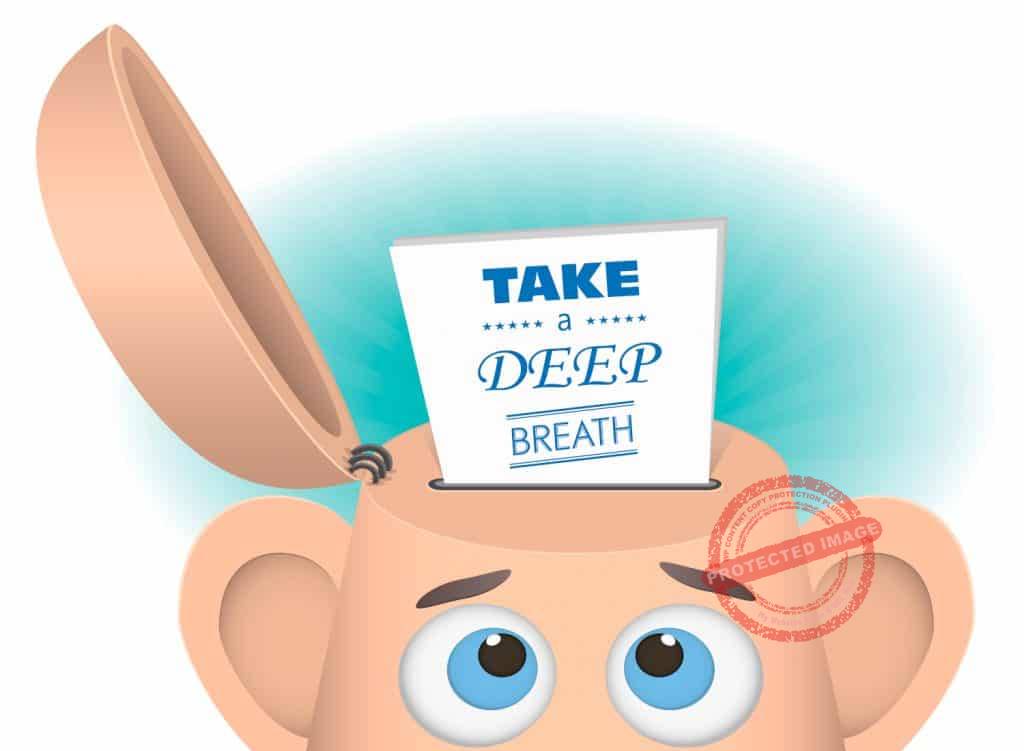
One of the effective tips we have for you on how to develop patience is to practice taking deep breaths.
The goal of practicing patience is to master the act of tolerating difficult or frustrating situations.
One thing that can help you achieve this is taking deep breaths.
Taking deep breaths helps to calm the mind and relieve the body of stress and tension.
Thereby, making any feelings of anxiety, anger, depression, and frustration you might be feeling at that moment slowly fade away.
Hence, when you feel like you’re about losing a grip on your emotions and losing your patience remember this.
Close your eyes, inhale and exhale deeply, and in slow motions.
Do this a couple of times for 5 to 6 minutes.
This would send a message to the central nervous system and organs responsible for impulsive actions to be calm.
Consequently, helping you control your impulses, feel relaxed, and develop patience over time.
Identify Your Emotional Triggers

This is yet another effective tip on how to cultivate patience and become more patient in life.
This is all about finding out the things that infuriate you and make you lose your cool.
It’s about discovering what makes you tick as an individual.
Do you lose your temper at the sight of injustice or corruption?
Do feel frustrated over challenges or your inability to exercise control over certain situations in your life?
Are you disgusted by certain kinds of behaviors?
Providing answers to these questions could help you recognize certain behavior patterns.
It could also help you identify your emotional triggers.
This is true especially if they are recurring traits then that’s an indication of your emotional triggers.
One way to keep track of these behavior patterns and identify your triggers is through journaling.
Journaling is the act of writing down your thoughts in a journal, diary, or any other writing material.
Hence, practice journaling daily.
Keep a journal to record daily events in your life and times when you start to feel frustrated.
Also, record how you reacted to or handled the situation.
This will enable you to identify your emotional triggers and help you discover ways to better manage them.
Consequently, helping you to be more patient in life generally.
Practice Mindfulness Meditation

Meditation is another effective strategy for developing patience.
It is a powerful stress and anxiety relief technique.
During meditation, you learn to let go of certain negative emotions and experience more positive ones.
Meditation is the practice of mental, emotional, and physical calmness by directing your focus on more positive thoughts.
This brings calmness to the mind and body.
When you meditate regularly you improve your focus and ability to control your emotions.
Thereby, helping you to remain calm and control your temper even in negative situations.
Hence, practice meditation often to develop patience and be more patient with people and life generally.
Distract Yourself; Engage In A Release Outlet

Another way you can effectively develop patience is by distracting yourself with other physical activities.
This is very useful especially when you feel your emotions rising.
This can also be said to be engaging in a release outlet.
What this simply means is that when you feel frustrated or angry over you can find another way to express your emotions.
This will prevent you from behaving irrationally.
Hence, if you have temper issues and you’re trying to be a more patient individual, find a release outlet.
Engage it each time you’re about to lose control of your emotions.
You could play with a stress ball or a Rubik cube to ease your tension.
Also, you could easily go for a jog or take a walk in the park to clear your head.
Doing this, each time you feel frustrated will better help you control your emotions.
It will also help you develop patience over time.
Reduce Stress Levels
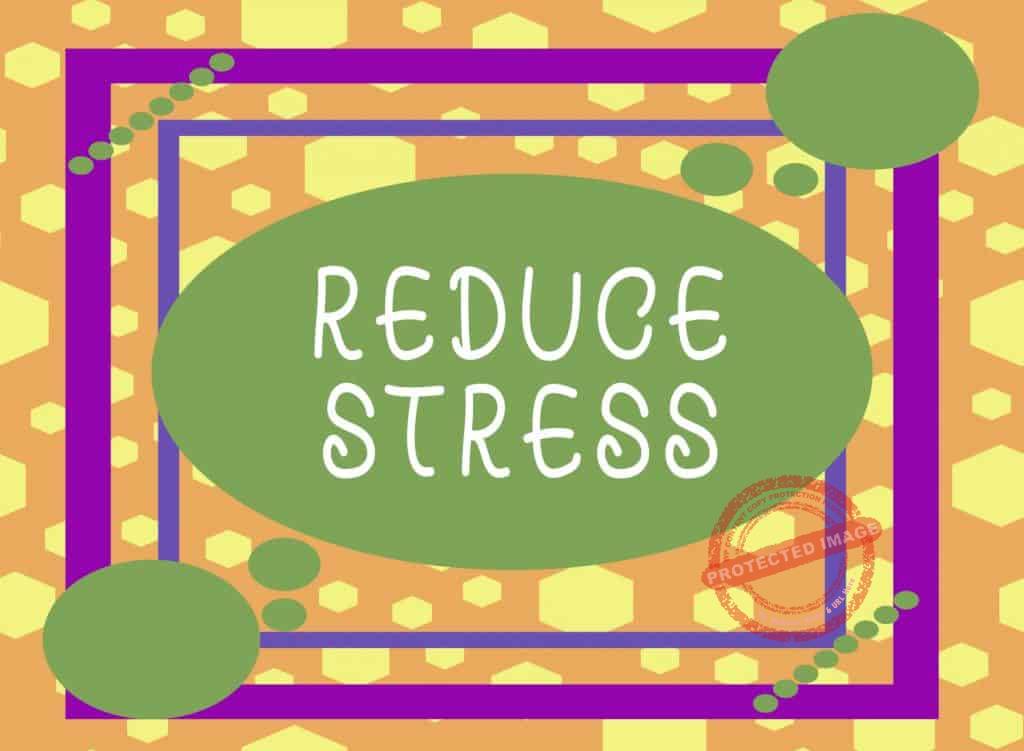
Another thing that could cause you to lose patience easily is excessive stress.
Stress occurs as a result of mental, emotional, and physical strain on you.
This could lead to anxiety, depression, and mental unclarity.
More so when you’re stressed the tendency to behave irrationally is quite high.
Even more, you become jumpy and quick to anger even when you shouldn’t.
Hence, reducing your stress levels can greatly decrease anxiety and help you develop patience.
If you struggle with excessive workload either as a business owner or a regular individual consider lightening your burden.
You could delegate or outsource tasks that don’t necessarily need to be handled by you.
This would help get a lot of tasks off your hands, lighten your workload, and reduce your anxiety levels.
Consequently helping you better control your emotions and be more patient.
Engage in Creative Activities

Engaging yourself in creative activities is another great step you can take to develop your patience.
Mental games and activities that demand high levels of creativity such as Rubik puzzles, scrabble, chess, sudoku, etc can teach you concentration and patience.
These games sometimes can be very challenging and may require you to spend a lot of time to complete.
More so, they can teach you perseverance as sometimes in these games you lose.
However, that doesn’t stop you from playing them.
You keep playing them until you get it right.
Overall, these are games that can teach you patience and resilience if you apply those experiences to life generally.
Delay Action By Counting to 10

This is yet another tip that can help you control your emotions and develop patience.
Most times due to impatience we tend to act out of impulse and behave irrationally.
However, this simple technique can help you better control your impulses.
It will also help you to be more patient in frustrating situations.
When you feel tensed or frustrated, counting to 10 will give you time to calm your nerves.
You don’t have to say it out loud, you can count it in your head.
Remember it’s all about delaying action by giving yourself time to relax and ease negative emotions.
Hence when you feel tensed or frustrated count to 10, add some breathing exercises to make it more effective.
Thereby, making you calm in frustrating situations and helping you develop patience over time.
Patience is definitely a valuable character trait or virtue to possess.
Without it, many of our actions would be negative and unproductive.
Likewise, a lot of time and energy would be wasted without achieving our goals.
Hence, developing patience is important for everyone be you an entrepreneur or a regular individual.
The Benefits of Incorporating Patience In Our Daily Lives
To achieve any goal worthwhile you need patience.
Besides that, there are other reasons why the virtue of patience is important to develop.
Patience Inspires Hope

Patience inspires a strong sense of belief and resilience in the pursuit of goals.
When you are patient you’re able to understand that, good things take time.
As such you’re able to stay committed to your goals with the hope that you will accomplish all that you set out to achieve.
Thus inspiring resilience and hope as you work on your goals.
It Builds Tolerance

Patience also inspires tolerance.
When you’re patient, you’re able to delay action and control your emotions in frustrating situations.
Thereby, helping you build tolerance and mental toughness.
It Strengthens Relationships

In any form of interpersonal relationship, patience plays a very important role.
This is because you’ll interact with different people with different perspectives and behavior traits.
If you’re not patient enough, you could easily lose control of your emotions and ruin your relationship with people.
Hence, patience helps you better cope with people’s excesses and show more understanding with people.
Thereby, strengthening your interpersonal relationships.
It Builds Good Reputation

Patience also helps you build a good reputation and sets you apart from the crowd.
A lot of people are so impatient when it comes to working on their goals.
Hence, they lack the ability to achieve success through commitment, consistency, and perseverance.
These are the core values for achieving success that can only come with being patient.
Hence, when you build patience, you develop these values.
Consequently setting you up for success and giving you the reputation of a goal-getter.
It Reduces Stress

When you learn and practice patience, you are less likely to be overwhelmed by situations be it work or personal issues.
You’re able to remain calm and avoid anxiety.
This helps promote your mental health and makes you happier over time.
Consequently, helping you enjoy one of the many benefits of patience.
It Promotes Self Control
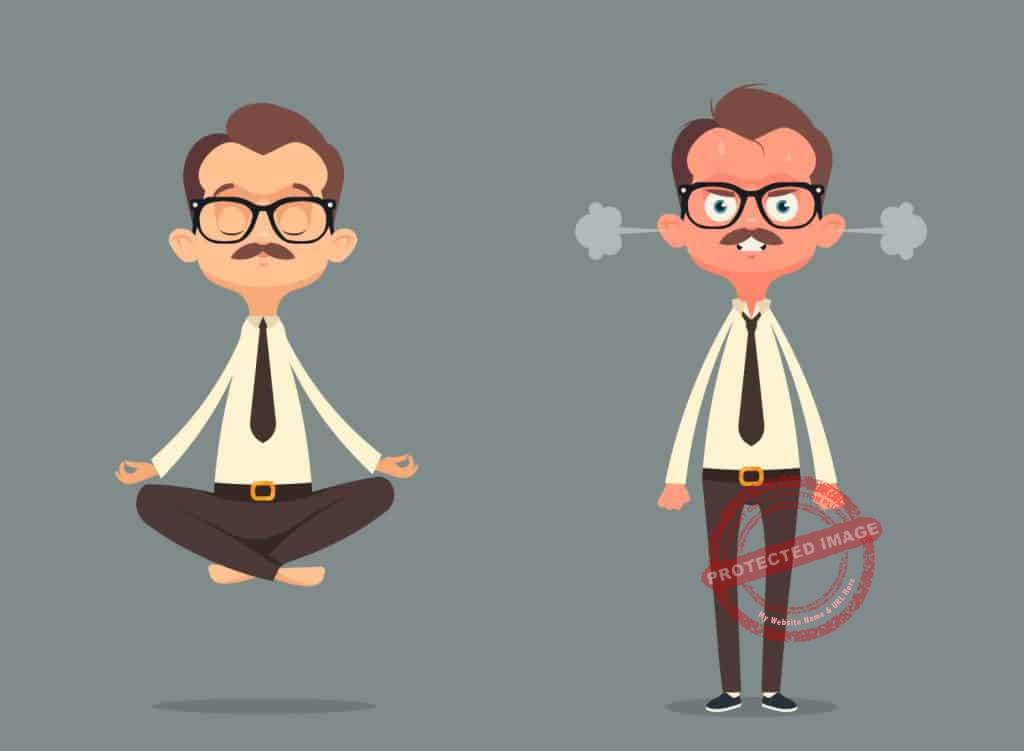
Patience helps you have more control over your emotions.
As such you don’t get angry or unnecessarily worked up over situations.
Thereby preventing you from acting irrationally and achieve more self-control.
It Improves Decision-making
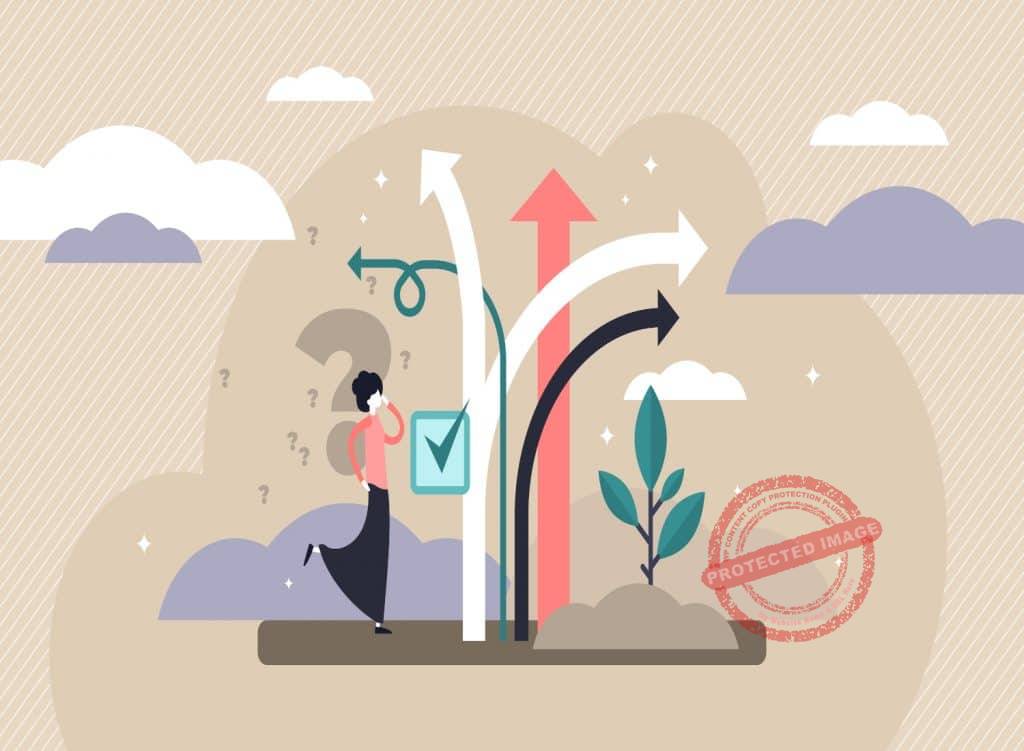
Patience also improves your ability to make better decisions.
Most times decisions made in a hurry or the heat of anger usually don’t yield positive results.
However, when you’re patient you’re able to carefully analyze situations and think things through.
Thereby leading to better decision making.
It Makes You A Better Person

Patience is a virtue most people rarely possess.
However, when you possess it, you become a better person.
You become capable of controlling your emotions, void of negative emotions, and more committed to achieving your goals.
Thereby, improving your personality and the quality of your life.
Conclusion How To Develop Patience

That’s all we have for you on how to develop patience.
Many people miss out on a lot of opportunities because of a lack of patience.
However, patience plays a huge role in our lives and can easily determine our success.
Good things take time before they yield positive results.
The more you patient you are the more committed you will be while working on your goals.
Consequently increasing your chances of success in whatever you do.
Developing patience is also essential for your physical and mental well-being.
It lessens your anxiety and decreases your risk of high blood pressure.
Remember, patience is a virtue and one of the vital keys to success.
Use these tips on how to develop patience today and improve the overall quality of your life.
Other informative and helpful articles have been linked to this post; please do well to check them out.
Before you go, how often have you lost your patience and reacted irrationally towards people or negative situations?
How did that turn out for you?
What can you say are the negative consequences of your inability to control your impulses and be patient?
Share your thoughts with us in the comment section below we would love to hear from you.
Click on Buy Now For A PDF Version of This Blog Post
 |
